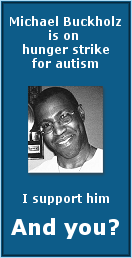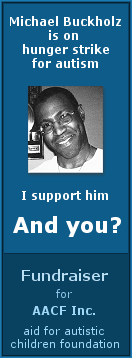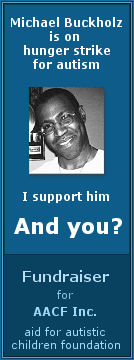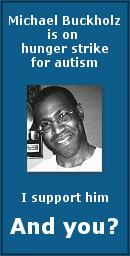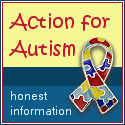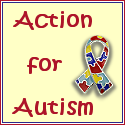A good diagnosis is always very important.
We all agree that a good physical diagnosis is of utmost importance.
When someone is told he has a lungdisease he will receive treatment for that specific lungdisease.
When he has in fact a heartproblem, this will deteriorate and the person will die.
we all understand that.
People with autism probably won't die of a wrong diagnosis (but be aware: some treatments published as healing therapies for autism create a risk.).
A wrong diagnosis however leads to wrong treatments, wrong therapies, and even wrong understanding of the subject of autism.
It also causes lots of distress for the autistic person, the family and all people who are dealing with this person.
A diagnosis is a part of an ongoing process of observations, realizations, descriptions, expectations, therapies and treatments, leading to development of the person and adjustment of the social environment to the needs of the person.
A wrong and incomplete diagnosis has huge implications.
Children might not get the support they need or be subjected to treatments and therapies which are unnecessary.
Even though the autistic person might seem to improve, because behaviour fits better in society, a balanced development may be at risk.
Especially in this time, when groups of people are all over the media and internet telling others how their children have improved or even have been cured, the wellbeing of autistic children is seriously at risk.
Not because people can't afford the expensive treatments, but because those treatments contain the risk of interfering with healthy physical development.
We need to be aware of the fact that these consequences often need a long time to build up and come to visible expression.
I don't argue some children show remarkable improvement.
But that doesn't mean all children with the same autism diagnosis will react the same.
When diagnosing autism only involved a limited array of examinations, deficiencies and other problems might have been missed.
Another reason good diagnosis is important is that we need to get reliable information about the number of cases, and we need to develop the knowledge about autism as fast as possible.
Some researchresults can't be compaired because different and/or imcomplete diagnostic protocols (sequence of steps) are used.
When measuring cummunication for example it's important to know that all researchers use the same definitions and are talking about exactly the same.
Otherwise we're compairing classic autism and high functioning Aspergers for instance, apples and pears, and we don't even know it.
A well conducted diagnostic procedure can be repeated and lead to the same conclusions.
Only that way we can measure progress within the person.
Only than we can rely on the claims that certain treatments are of benefit to autistic people.
The past years I've had many questions from parents who don't know where to go for a proper diagnosis.
Teachers, social workers, pediatricians, neurologists and others are not able to make a reliable diagnosis. Nor are chiropractors, nannies, grandmas, and family doctors.
Because a good diagnosis is so very important it needs to be conducted by a well trained and specialised professional who is also able to give sound advice about treatment options, and who is able to organize proper referral.
In case of autism this needs to be a certified psychiatrist who is specialised in child and adolescent psychiatry, with the assistance of a team consisting of specialised (and certified) psychologists, and others.
So a good diagnosis requires:
- to rule out all medical problems as good as possible.
Like vitamin deficiencies, gluten intolerance, epilepsy, metabolic diseases, brain damage etc etc. (if necessary start treatment and record results.)
- a good description of existing medical problems
- constructing a careful and well controlled family history
- ruling out all other psychiatric problems (by certain tests and other means)
- careful questioning parents, family members, teachers etc. about their observations.
- careful questioning parents, teachers and professionals about what they have done, treatments, etc and the results.
- observation with one way screen so the child can be observed without strange people in the room. If possible observation of communication with parents, and later alone with stranger. If possible during play, during structured and unstructured tasks.
- This all should be done by certified psychiatrists and psychologists specialised in children and adolescents.
- The diagnosis should be made based on the DSM (diagnostic and statistical manual of mental disorders) which is most recent. The number of the DSM should be mentioned, as well as the number of the diagnosis.
- The diagnosis should be verified every 2 years. Because of the advance of science, but also because change and additional symptoms will be documented.
Yes, it's quite some process.
But this is the best way to do your child justice.
With a good diagnosis it's easier to make a choice for the best treatment, and no time is lost trying other things.
The earlier and the better your child is diagnosed and the earlier proper treatment starts, the easier your child moves through life.
